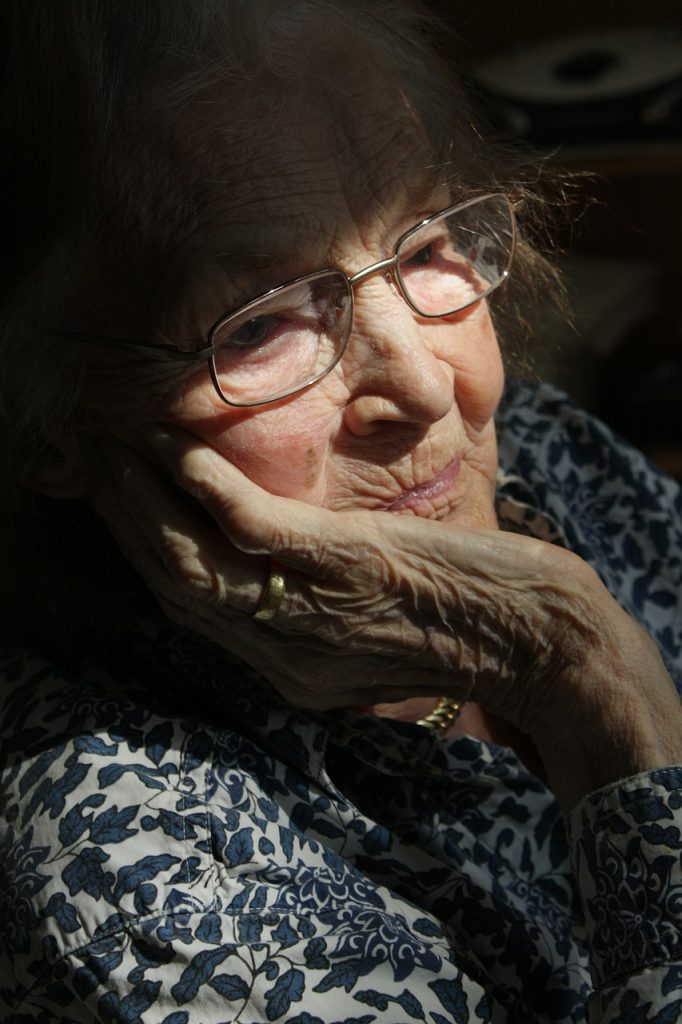 End of life plans are an important for everyone to discuss, and documents including a healthcare proxy and living will are as important as your financial will. Talking about your wishes with a loved one has many benefits, including ensuring that your wishes are respected as well as
End of life plans are an important for everyone to discuss, and documents including a healthcare proxy and living will are as important as your financial will. Talking about your wishes with a loved one has many benefits, including ensuring that your wishes are respected as well as
helping relieve the guilt and anxieties a loved one might feel when they have to make those decisions.
It’s a tough conversation for everyone, but for people diagnosed with Alzheimer’s or dementia and their family members, the issues are even more complicated. Dementia is unique from the standpoint of advance directives in that it progresses slowing, leaving people in different states over different periods of time.
After experiencing end of life situations with many of his own patients and witnessing how ill-prepared family members often were, Barak Gaster, MD, of the University of Washington School of Medicine, wrote a form to help people suffering from dementia with end of life planning. It takes into account the three different stages of dementia — mild, moderate and severe, helping guide the person in making decisions for each stage based on their own personal values and desires. The Dementia Directive Form has four options for each stage of dementia care:
1. Exclude the use of breathing machines and resuscitation.
2. Prolong life as long as possible.
3. Receive care only at home.
4. Receive palliative care only.
It is important to have this discussion as soon as a person is diagnosed with Alzheimer’s disease or dementia. As hard as it is to talk about, the sooner the better, while they are capable of discussing the issues. The personal desire for type of care might vary from one stage to another. For example, someone with mild dementia might ask to receive care that prolongs life as long as possible, whereas once a person has progressed to the severe stage of dementia where quality of life is not what it used to be, they may wish to exclude the use of breathing machines and resuscitation.
There are many resources available to help facilitate the conversation needed to fill out the dementia directive form. The Conversation Starter Project is dedicated to encouraging people to start having end of life conversations at the kitchen table, rather than in the ICU. The organization’s website is full of useful tools, including a starter kit designed for loved ones of someone recently diagnosed with dementia.
Locally, you can get help from GotPlans123.org. This organization is a partnership between Hospice & Palliative Care Center, Novant Health, Rowan Hospice & Palliative care ad Wake Forest Baptist Health. The purpose is to educate and provide support for families throughout the Triad region as they deal with end of life planning. In addition to a thorough website, the group holds workshops throughout the region where you can go to learn more about end of life planning and how to get started and go about it.
If you or someone you love has been diagnosed with Alzheimer’s or dementia, it’s never too soon to start having the end of life discussion. And as care options come up for discussion, remember that our exceptional staff of caregivers at Piedmont Home Care can help you navigate through the stages of dementia. We can help you stay at home if that’s what you wish, without overburdening your family and loved ones.
Contact us, or call Piedmont Home Care today at (336) 724-1197 to see how we can help ease your burden, and provide the support needed to keep your loved one safe and happy.

